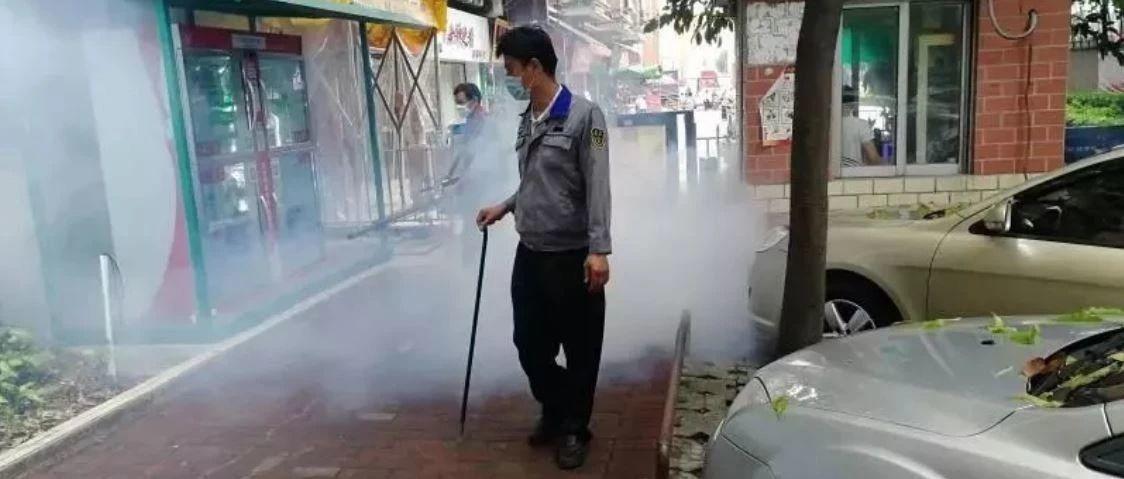The Health Commission of Guangdong Province issued a dengue fever warning on June 13.

© Image | 广东省卫生健康委员会
01
High risk in Guangdong
18 cities in the province reported 240 cases by afternoon on June 13, according to figures released by the provincial health department, compared to 44 cases in the same period last year.
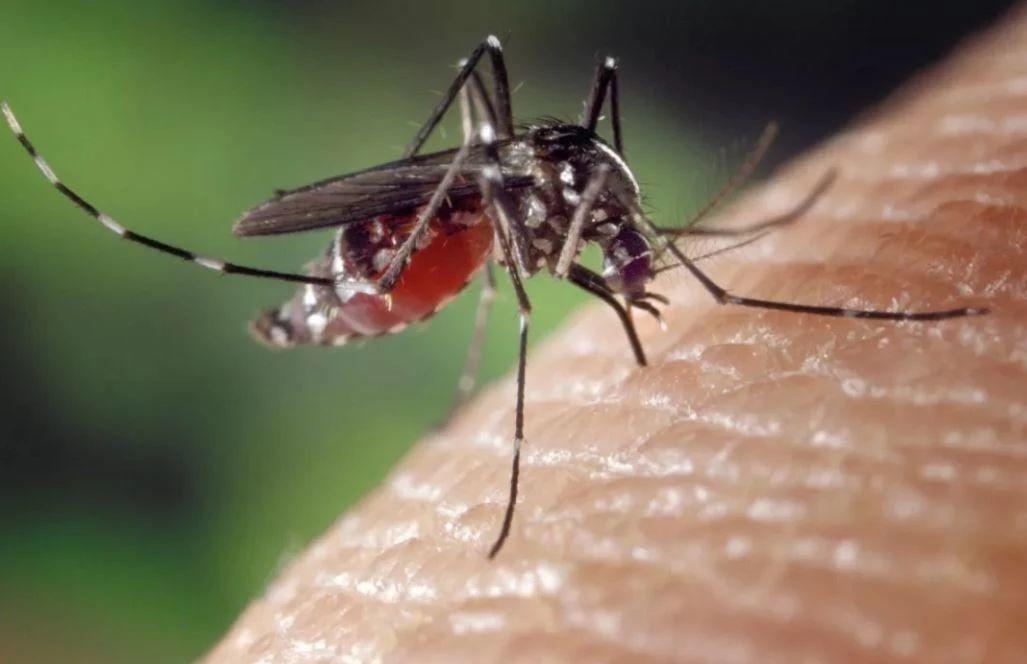
© Image | Google
Luckily, no deaths have been reported.
Among them, 9 cases were local infections, including 4 cases in Foshan, 2 cases in Guangzhou, and 1 case in Zhuhai, Zhongshan, and Jiangmen respectively.
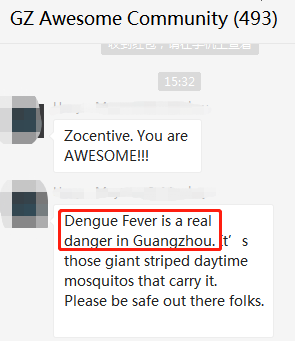
© Image | Screenshot from WeChat group
Imported infections
231 cases in total are imported infections, including 55 cases in Guangzhou, 54 cases in Shenzhen, 24 cases in Foshan, 21 cases in Dongguan, 18 cases in Zhanjiang, 14 cases in Zhuhai, 10 cases in Zhongshan and Maoming respectively, 5 cases in Jieyang, 4 cases in Huizhou, 3 cases Chaozhou and Yangjang respectively, 2 cases in Shantou, Jiangmen, Yunfu and Zhaoqing respectively, 1 case in Qingyuan and Heyuan respectively.
Cambodia accounts for nearly 70% of the imported cases.
02
Symptoms
Many people, especially children and teens, may experience no signs or symptoms during a mild case of dengue fever. When symptoms do occur, they usually begin four to seven days after you are bitten by an infected mosquito.
Dengue fever causes a high fever and at least two of the following symptoms:

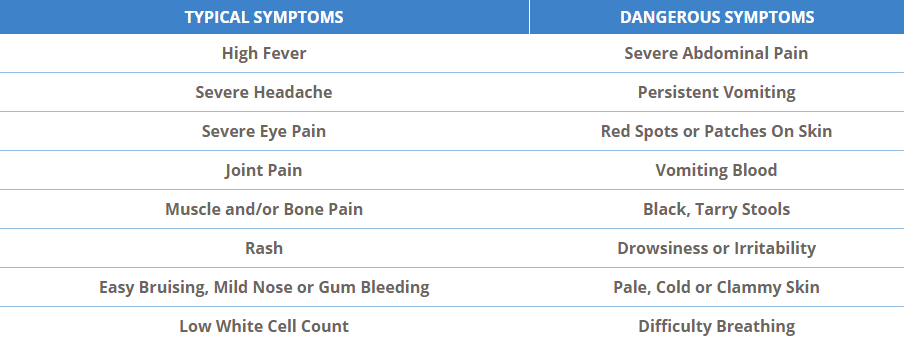
© Image | Google
03
How it spreads?
Dengue often spreads when:
-
A mosquito (usually of the Aedes species) bites an infected human.
-
This mosquito is now infected with dengue fever. Mosquitoes are only carriers of the disease, it does not affect them as it does humans.
-
The mosquito bites a human. That human is now infected with the virus. He or she will then infect any unaffected mosquitoes that bite them.
04
Protection
Although no vaccine can protect against dengue fever yet. Only avoiding mosquito bites can prevent it!
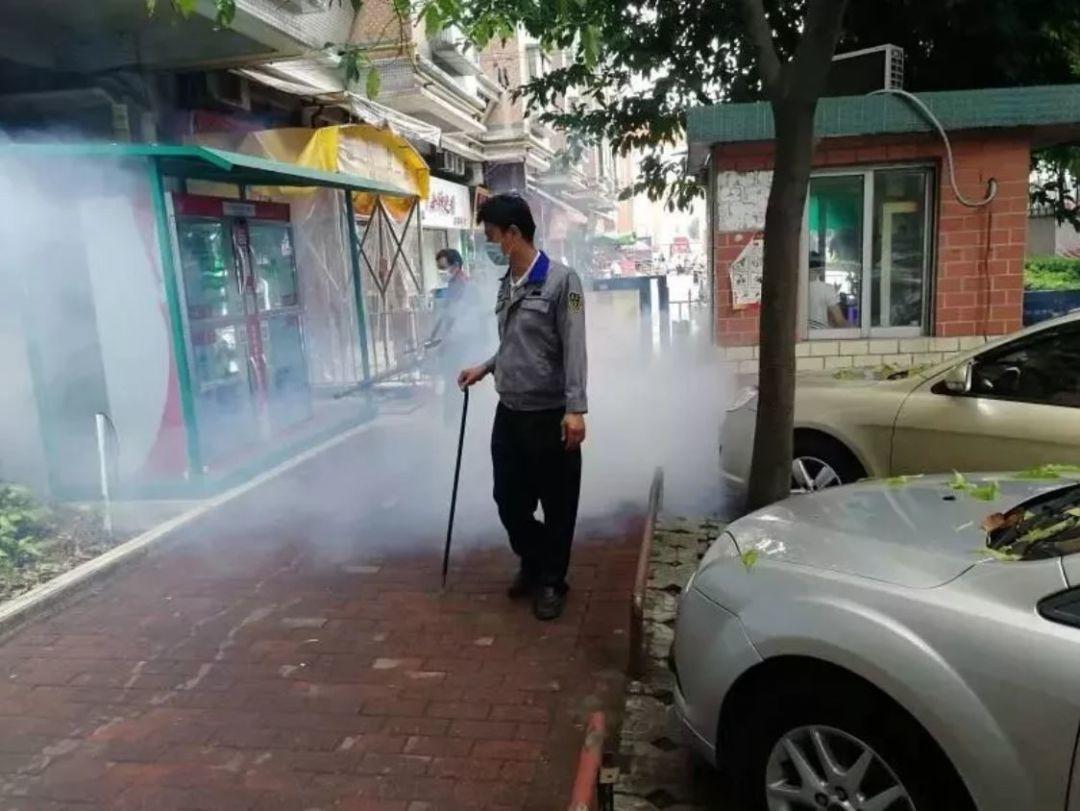
© Image | Google
-
Clothing: Reduce the amount of skin exposed by wearing long pants, long-sleeved shirts, and socks, tucking pant legs into shoes or socks, and wearing a hat.
-
Mosquito repellents: Use a repellent with at least 10 percent concentration of diethyltoluamide (DEET), or a higher concentration for longer lengths of exposure. Avoid using DEET on young children.
-
Mosquito traps and nets: Nets treated with insecticide are more effective, otherwise the mosquito can bite through the net if the person is standing next to it. The insecticide will kill mosquitoes and other insects, and it will repel insects from entering the room.
-
Door and window screens: Structural barriers, such as screens or netting, can keep mosquitos out.
-
Avoid scents: Heavily scented soaps and perfumes may attract mosquitos.
-
Camping gear: Treat clothes, shoes, and camping gear with permethrin, or purchase clothes that have been pretreated.
-
Timing: Try to avoid being outside at dawn, dusk, and early evening.
-
Stagnant water: The Aedes mosquito breeds in clean, stagnant water. Checking for and removing stagnant water can help reduce the risk.
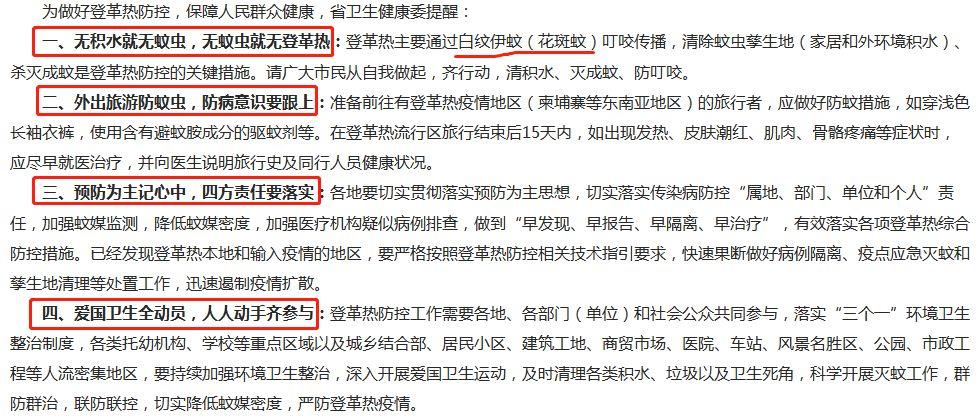
© Image | 广东省卫生健康委员会
In short, “Dengue Fever is a real danger in Guangzhou. It’s those giant striped daytime mosquitos that carry it. Please be safe out there folks.“

